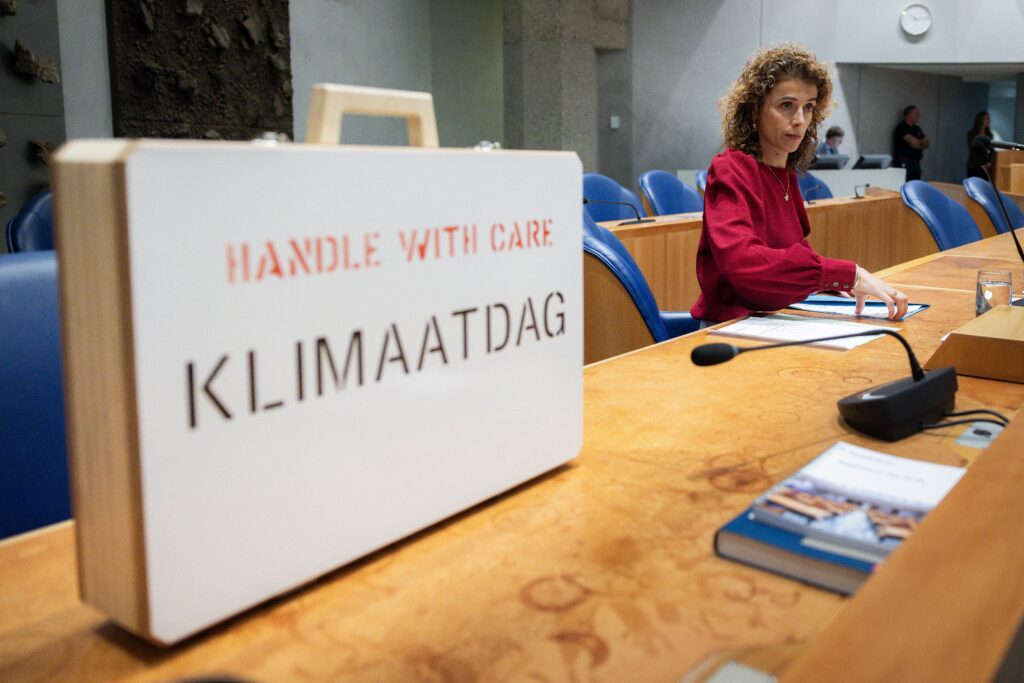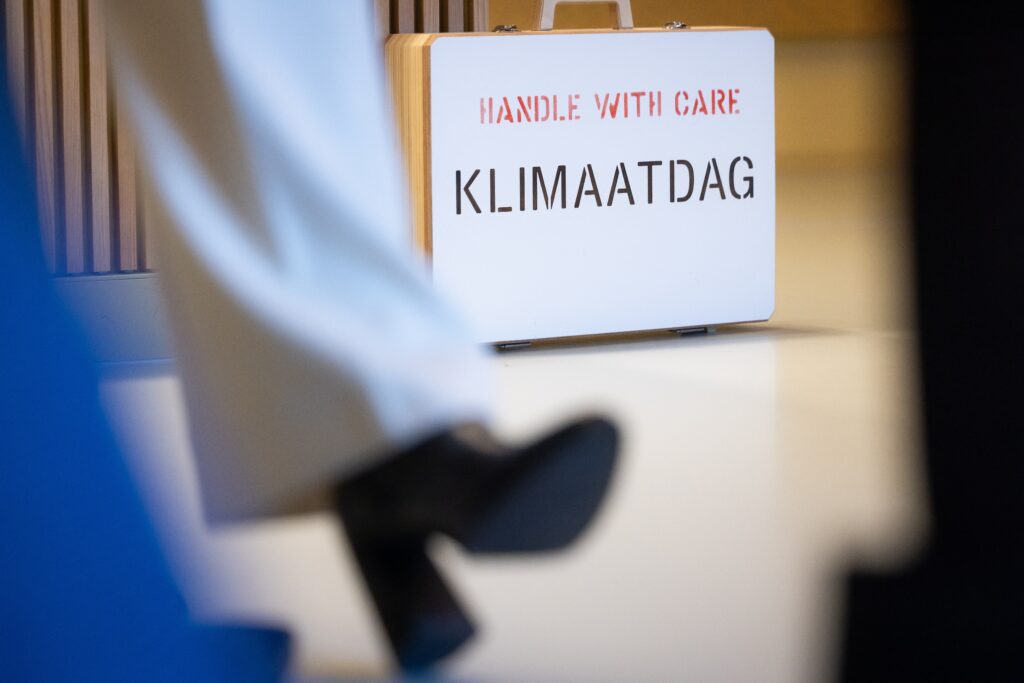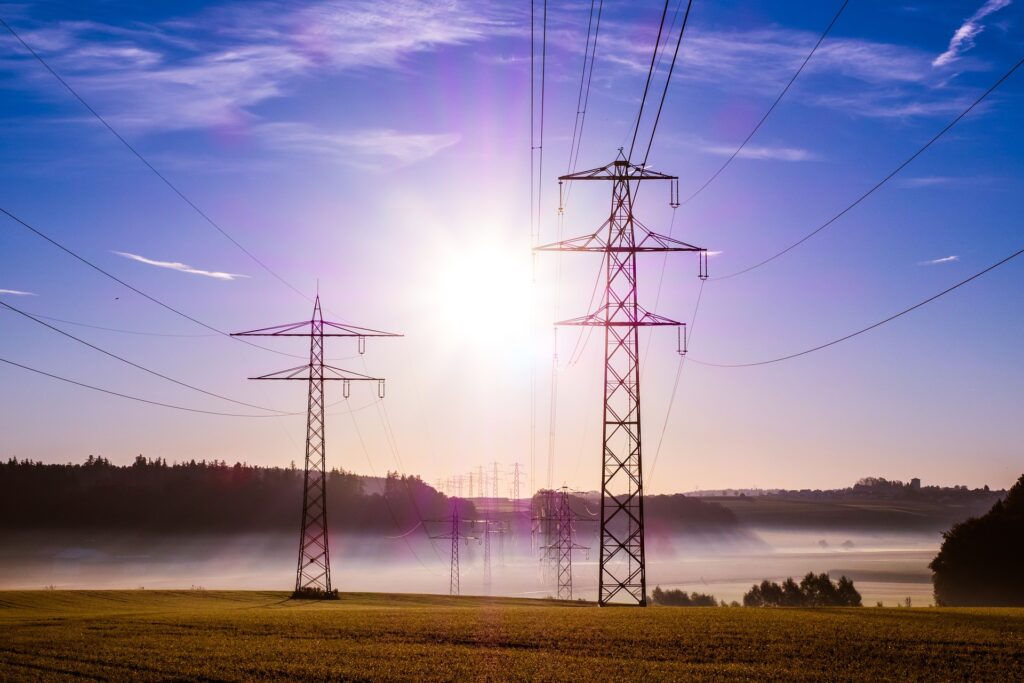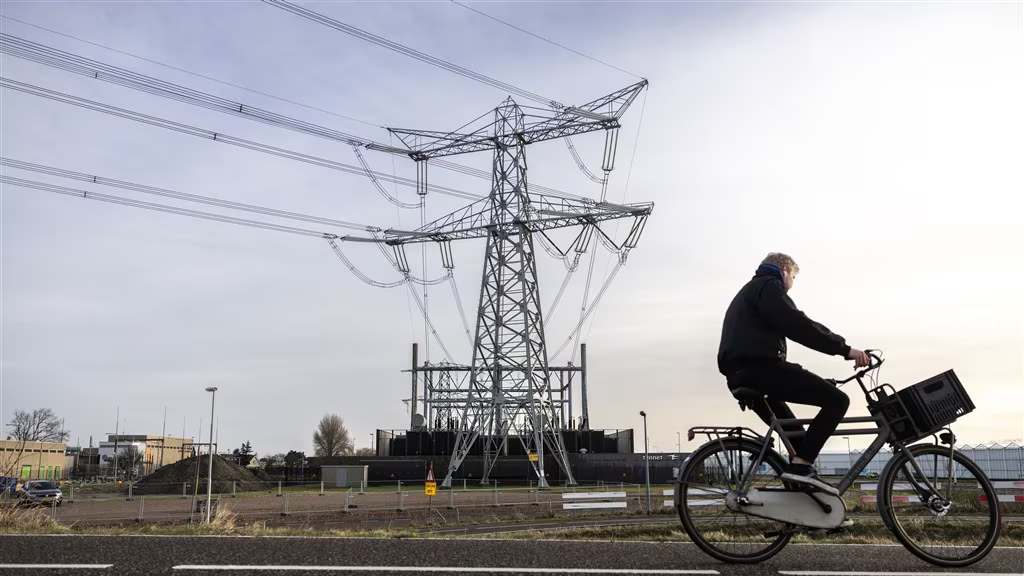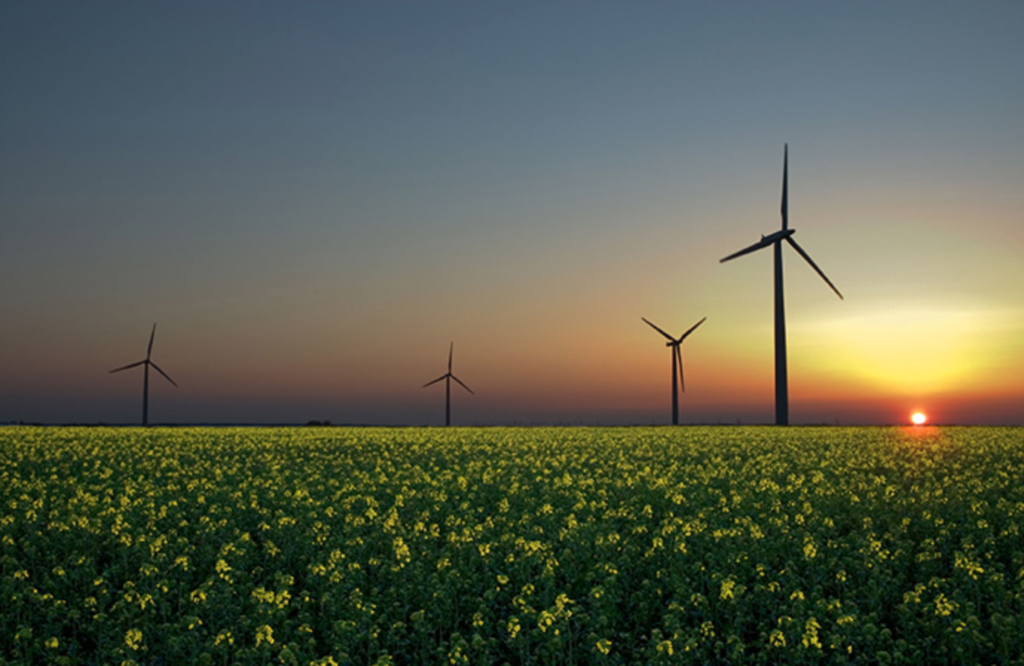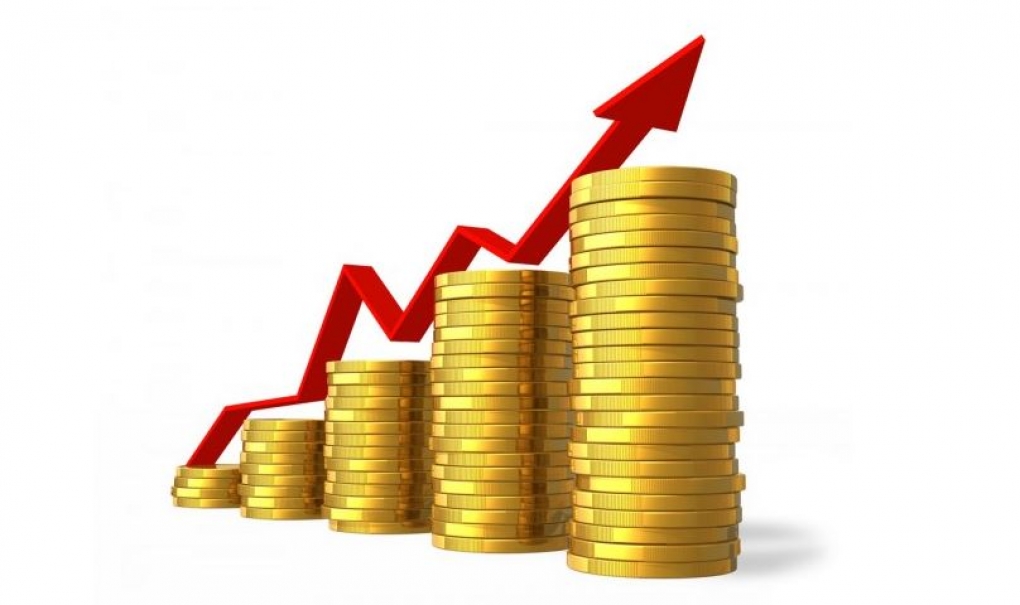On November 23, Energie-Nederland published 10 recommendations to the new House of Representatives. In the coming period we will highlight our advice one by one based on current events.
First of all, advice #2: make switching to a sustainable alternative attractive by reducing the energy tax on electricity.
What does this mean? Based on energy content, the energy tax on electricity is twice as high as on natural gas. While almost 50% of electricity is produced from sustainable sources and natural gas is fossil. Therefore, reduce the energy tax on electricity and bring it into line with natural gas on the basis of energy content. This makes it more attractive for households to switch from a gas boiler to a (hybrid) heat pump and a lot of natural gas is saved, which can significantly contribute to CO2 reduction.
Why now? Today, December 20, the House of Representatives will debate the Climate and Energy Outlook (KEV) 2023 and the Climate Memorandum. Every year in the KEV, the Netherlands Environmental Assessment Agency (PBL) evaluates whether the Netherlands will achieve the emission reduction target for 2030 with its climate policy. The KEV 2023 states that this objective is within the estimated reduction. An important note here is that, in contrast to previous editions, this year, in addition to established and proposed policy, policy has also been included that is merely on the agenda but yet to be established. This greatly increases the expected reductions. In addition, everything must work in favour (enough workers, mild winters, minimal grid congestion) to achieve the goals. It is therefore extremely important that policy is developed and implemented on the one hand, and that everyone is encouraged to become more sustainable on the other. (Read the Energie-Nederland analysis of the KEV here).
Reducing the energy tax on electricity is an ideal way to stimulate the electrification of the Netherlands. The KEV calls on us to continue taking steps in the energy transition, with this measure we are taking a concrete step towards a sustainable 2030.

